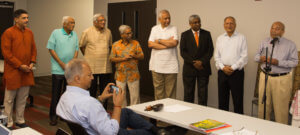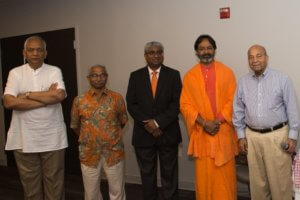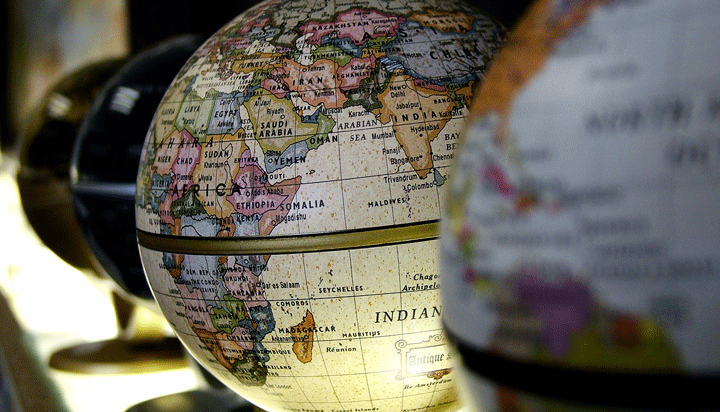Division: Advance Studies Division
International Politics: A Vedanta Perspective
International Politics: A Vedanta Perspective
Course Description
How does a Vedanta perspective widen our understanding of the current predicaments, and help us explore solutions to them? While exploring solutions to international conflicts, the Vedanta perspective goes beyond surface dimensions of conflicts. For example, Vedanta philosopher Sri Aurobindo argued, like individuals, states have egos– amplified through national habits, prejudices, and idiosyncrasies.
When applied to international politics, they lead to jingoism, exploitation, and wars, leading to practices like colonialism and imperialism. Colonialism and imperialism were only manifestations of an exploitative substructure. Though colonialism and imperialism belong to the past, the root, the ego, is intact, and its manifestation has acquired new shapes. The Vedanta perspective would also argue that state ego is not static, and it can evolve when state leaders think in terms of human unity and factor that thinking into policymaking.
The establishment of the United Nations, after the failure of the League of Nations, was hailed a right step in this direction. The UN was established with a promise to ensure dignity and equality to all states. Has this happened? The course explores all these dimensions while mainstreaming the Vedanta perspective and aims to design a Vedanta approach to international politics.












